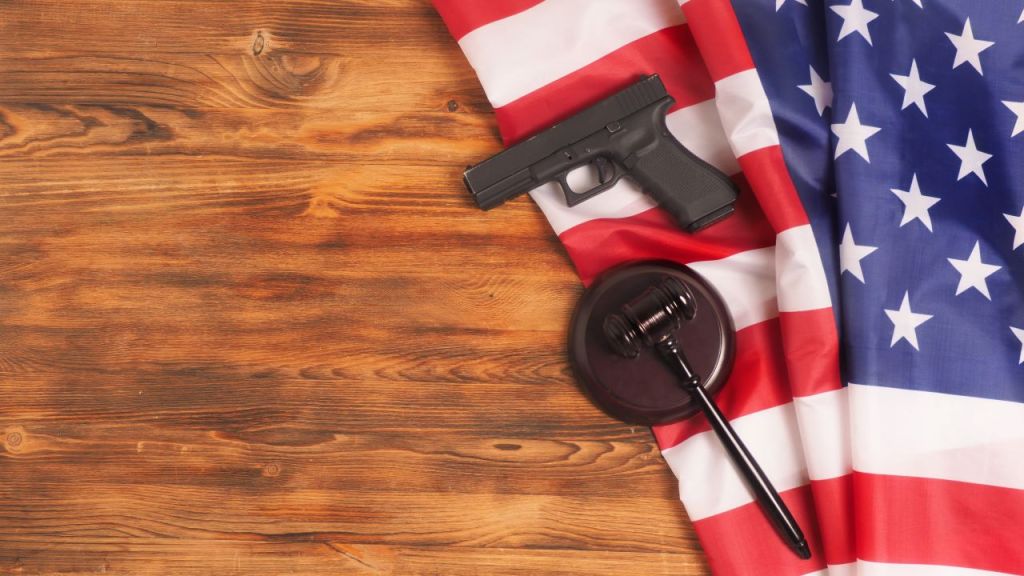Court leans toward allowing trial judges to limit attorney-client discussions during overnight recesses
Majority of court appears skeptical of Colorado’s “conversion therapy” ban
More news
Court considers double jeopardy with regard to federal firearm offense
In Barrett v. United States, the Supreme Court is considering whether the double jeopardy clause prohibits a defendant from receiving a separate firearm conviction and sentence under 18 U.S.C. §§ 924(c) and 924(j) for the same criminal conduct. Section 924(c) prohibits the possession, carrying, or use of a firearm to advance either a federal crime of violence or a drug-trafficking offense. Section 924(j) applies, in turn, when a defendant who violates Section 924(c) also “causes the death of a person through the use of a firearm.”
Continue ReadingJustices debate state limits on malpractice actions for cases in federal court
The oral argument Monday in Berk v. Choy was filled with the nuts and bolts of judicial procedure – what it takes to get a case started; what can justify a court in stopping the case in its tracks right after it gets to the court; and, most importantly, who gets to answer those questions. It’s not at all clear that all of the justices will reject applying in federal court the requirements under review – Delaware procedures designed to limit medical malpractice litigation – but some of them viewed the requirements as unacceptably hostile to the central conception of the federal trial system.
Continue ReadingJustices side against Google
The Supreme Court on Monday declined to temporarily block a district court order requiring changes to the Google Play app store based on its violation of antitrust law. Citing security concerns, Google had asked the justices to allow it to maintain its current Play store policies for app-related purchases. The court offered no explanation for its denial, as is its custom on the interim docket.
Continue ReadingOrders without reasons
Immigration Matters is a recurring series by César Cuauhtémoc García Hernández that analyzes the court’s immigration docket, highlighting emerging legal questions about new policy and enforcement practices.
As the Supreme Court uses its emergency docket more frequently in disputes over high-profile policies, tension over the effect of decisions issued from that fast-paced process is brewing in public. Ten days after Justices Amy Coney Barrett and Sonia Sotomayor publicly described the emergency docket’s limitations, the Justice Department took to the emergency docket in Noem v. National TPS Alliance to ask the court to treat a three-paragraph order as binding in a case over Biden-era legal protection from deportation for Venezuelans that the Trump administration is trying to end. On Friday, the court sided with the government.
Continue ReadingThe court opens for business despite a federal shutdown
Just as the Supreme Court tends to stay open when a two-inch snowfall in Washington terrorizes the snowflakes of the federal Office of Personnel Management and closes the executive branch, the budget impasse that has shut down much of the federal government has not kept the court from opening its new term on schedule today.
Continue Reading

